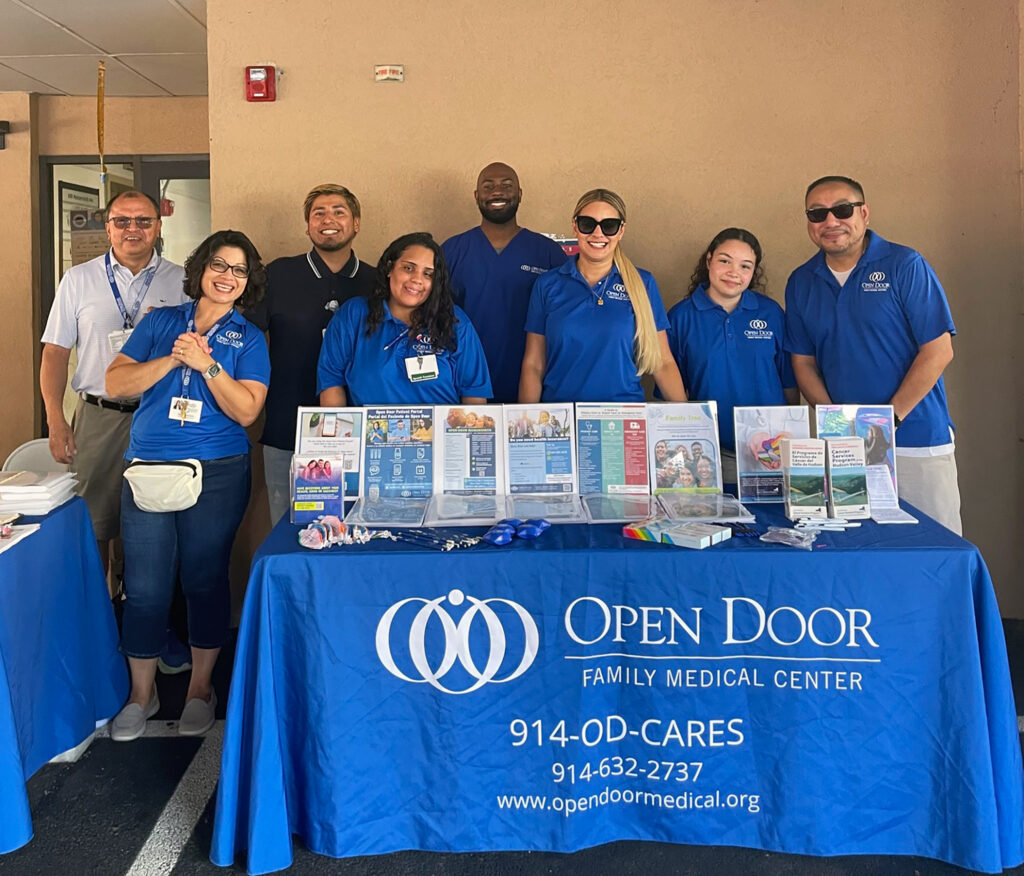Men, as a rule, don’t like to see a doctor.
This is hardly a scoop. Yet, there’s a consequence to this reluctance to getting routine exams and having regular screenings.
According to a recent study by the Cleveland Clinic, nearly 60 percent of men don’t regularly see a primary care clinician, going only when they are seriously ill. Only three in five get routine checkups and nearly half say they are far more likely to talk about current events (36 percent), sports (32 percent), or their jobs (32 percent), than their health (only 7 percent).
Women, conversely, put men to shame when it comes to getting preventive health care. According to the Centers for Disease Control, women are 33 percent more likely to visit the doctor than men, and 100 percent better at maintaining screening and preventive care and for making non-illness-related visits – not including those related to pregnancy.
Fear – of either the perceived unpleasantness of the visit or of what they’ll hear – lack of time, or a feeling they’re not sick so why go, are among the most likely reasons given for why men are so apt to avoid health care.
“There are stark gender differences in health care utilization, not only in the U.S., but across the world – and it cuts across all ethnicities and racial groups,” said Dr. Daren Wu, a family physician and Chief Medical Officer at Open Door Family Medical Center. “While men are less likely to have preventive care – such as for physicals and screenings – they are also less likely to seek help even when they are aware of problems and are experiencing health-related symptoms, including pain and disabling problems.”
This is particularly important to note in June, which is Men’s Health Month.
According to Dr. Wu, getting men to change their tune about seeing a primary care clinician begins with getting them to have a trusted relationship with their provider. “A strategy that my colleagues and I often employ is to frame good health as not just important for the man himself to have, but for him to continue providing for his partner and children. Some men may not be motivated to take care of themselves as much as they feel the need to keep being a provider for their families. Often, they can be convinced to take care of themselves if recommendations are put in the context of staying healthy so they are able to take care of their families.”
The biggest contributor to mortality remains heart disease. Hypertension, the main cause of heart disease, exists in one out of two adults. “This is why men need to be screened for the factors driving heart disease,” said Dr. Wu. “This includes high blood pressure and high cholesterol, as well as high blood sugar, tobacco use and sedentary lifestyles.”
In addition, many cancers have far higher likelihoods of successful treatment if found early through non- or minimally invasive screening procedures. This includes lung, colon and prostate cancers.
“Crucially, men also need to be better screened for mental health,” he said. “Far more violent crimes are committed by men. Suicide is also a major problem – in recent years the rise in suicides among middle-aged men has been very concerning. Across all nationalities and ethnicities, men tend to have greater barriers towards opening up and being willing to talk about their stressors, anxieties and depression symptoms, which makes it harder to diagnose and adequately treat.”
This reluctance by men to see their doctor is problematic, but one that Dr. Wu understands.
“My wife will be the first to say that, unless she makes the medical appointment for me, I am very unlikely to see a doctor,” he said. “That kind of thinking needs to change for me and for men in general.”




